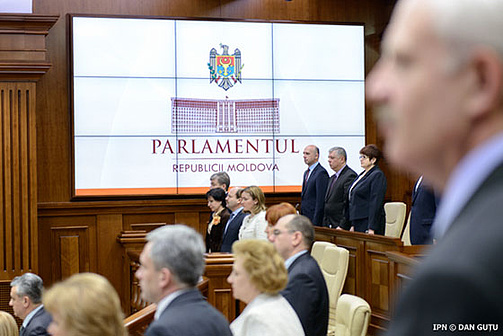Under the Court’s decision, the provision stipulating that representatives of the judiciary, the prosecution service and the law enforcement bodies cannot be invited to Parliament to provide information that can affect the correctness and/or confidentiality of investigations or trials is constitutional.
The agenda can be modified only in the first sitting of the workweek, at the request or based on the decisions of the Standing Bureau, a parliamentary group, a permanent commission, or at the request of a group of five lawmakers or the author of the document included in the agenda.
The provision according to which the registered bills that are not included in the agenda of Parliament become null and void two years after they are registered was also declared constitutional. At the request of the sitting chair or of a parliamentary group, by the votes of the majority of MPs, some of the bills can be debated and adopted as matters of urgency. The set speeches cannot exceed seven minutes per parliamentary group and five minutes per MP. The chair of the sitting can limit in time the scheduling of speeches.
The Court also declared constitutional the provisions that ban access to the Parliament Building with equipment that can be used to disturb order and to interrupt the sittings, and that ban the blocking of rostrums, access to the assembly hall and access to microphones or the creation of conditions that make the continuation of sittings impossible.
The MP who is banned from taking part in the sittings as a punishment does not receive allowance for every sitting and 10% of the salary starting with the day coming after the day of the sitting where the penalty was imposed, but not more than 75% of the salary. The non-leaving of the assembly hall at the request of the sitting chair and of the employee of the Parliament’s special service is punished with the retention of 25% of the salary and other allowances for the next month.
The Court yet declared unconstitutional the provision stipulating that the request to check the presence of the quorum, made by a parliamentary group, is accepted only if the majority of the members of the given group are present in the assembly hall.




